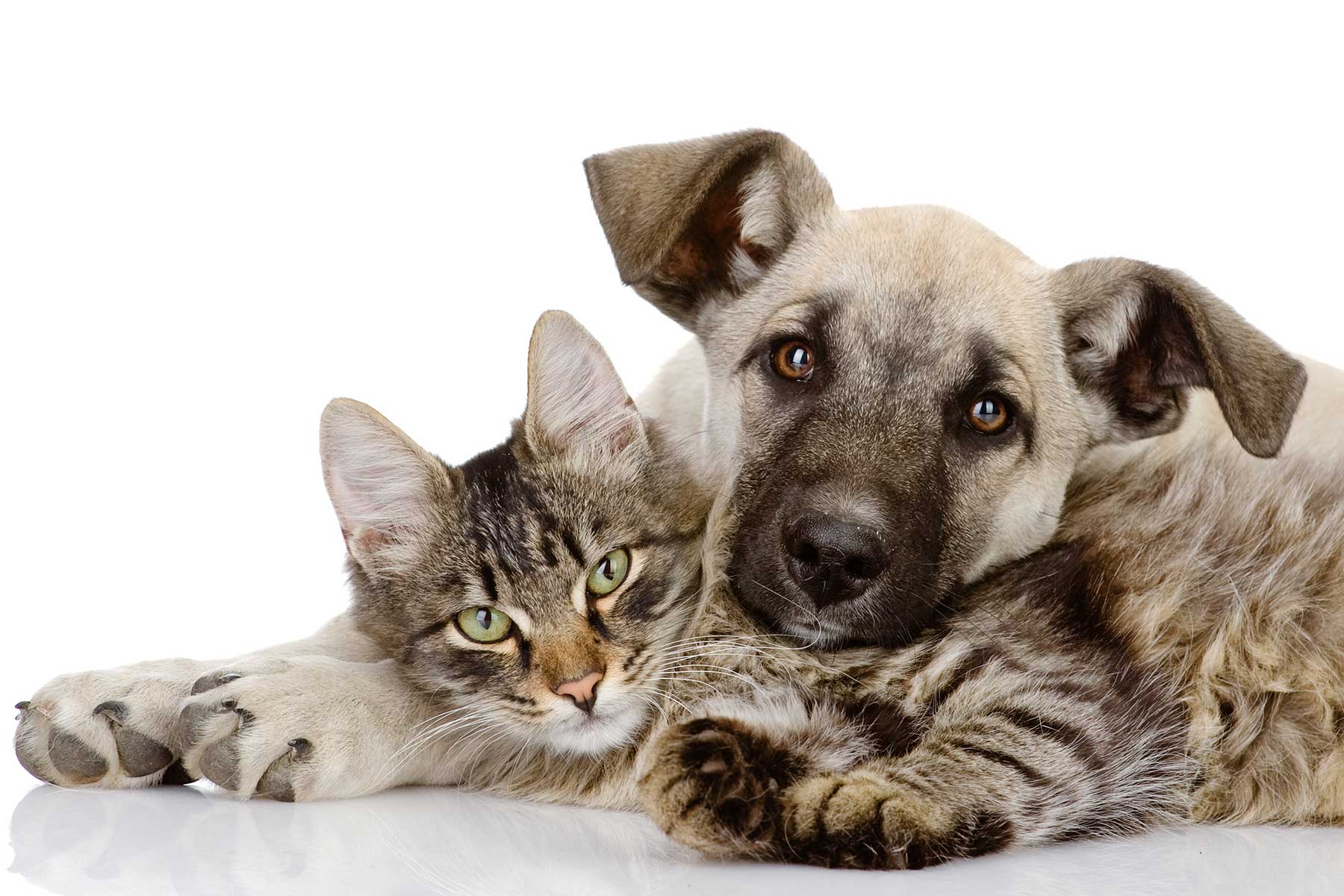Pets shake their heads for several reasons. The most common reason for head shaking in dogs is the one we all know – the head and coat shake after a swim at the beach or a soap-up at bath time. Regular or continuous head shaking in cats or dogs without reason is not normal and could be an ear of an issue!
Why might a cat or dog shake their head?
There are quite a few reasons, and most of them relate in some way to the ears.
- Grass seed or other foreign body lodged within the ear canal
- Ear infection (bacteria/ yeast or ear mites)
- Allergies
- Excessive amount of ear wax
- Fly bites to the tips of the ears
- Immune mediated disease
- Polyps/ masses within the ear canal
Should you be concerned?
The answer is yes. If left untreated permanent ear damage can occur including a ruptured eardrum or even hearing loss. Problems such as Aural Haematomas can develop as a result of persistent or aggressive head shaking (for more information on Aural Haematomas in DOGS click here | for more information on Aural Haematomas in CATS click here). Any chronic inflammatory process (such as a bad infection) not treated is painful. If you have ever had a bad ear ache, you will no doubt remember the associated pain you felt before treatment.
Hearing is important
In the case of dogs, after the sense of smell, a dog’s ability to hear is the next most important of its special senses. So investigating why a pet is shaking their head and treating any problems is vital to your pet’s future quality of life.
How do you tell what the problem is?
As a pet owner it is extremely difficult to tell what the problem is. A dog or cat’s ear canal is L shaped and problems are often hidden deep in the canal out of sight. The narrow ear tube/ canal is lined with an epithelium and ear problems can cause the epithelium to swell and subsequently reduce the size of the ear canal. This in turn (in combination with the shape of the ear canal) makes it very difficult for any discharge to make its way to the external ear.
Head shaking on its own is enough to warrant further investigation, ie. a veterinary health check-up. However, the following signs could also indicate problems:-
- Foul odour or discharge coming from the ear
- Ear scratching
- Holding the head in an unusual position
- Tenderness, irritability when you touch the ear
- Redness or swelling of the ear pinna/ flap
- Hearing loss
Please do not use cotton buds or try to poke anything in your pet’s ears unless you have been instructed to do so.
What to do next?
The first step is to consult your veterinarian. Your vet will examine the ear with an instrument called an otoscope. If they detect an infection they will take a swab from the ear to conduct cytology (look at a sample of the discharge under the microscope). This is important to assess what organisms are present in the ear canal and in what numbers to assist with accurate treatment choice. Cytology will usually be conducted at each recheck as well to evaluate whether the infection is clearing with the chosen treatment or whether further investigation is required. (eg. culture and sensitivity testing).
Treating ear problems
Your veterinarian may prescribe any of the following treatments:
- Antibiotics or anti-inflammatory tablets
- Topical ear drops/ medication
- Ear wash/ flush
- Ear mite treatment
- Dietary changes
- An anaesthetic to thoroughly clean out the ear canal (it can be too painful to do awake) and
- Occasionally surgery will be required
It is very important to follow their directions for treatment and revisit for a check-up when advised.
A note for cat owners
Whilst head shaking related problems is more common in dogs, cats can have very similar problems and veterinary assessment is essential in finding out the cause in order to determine the most appropriate treatment.











